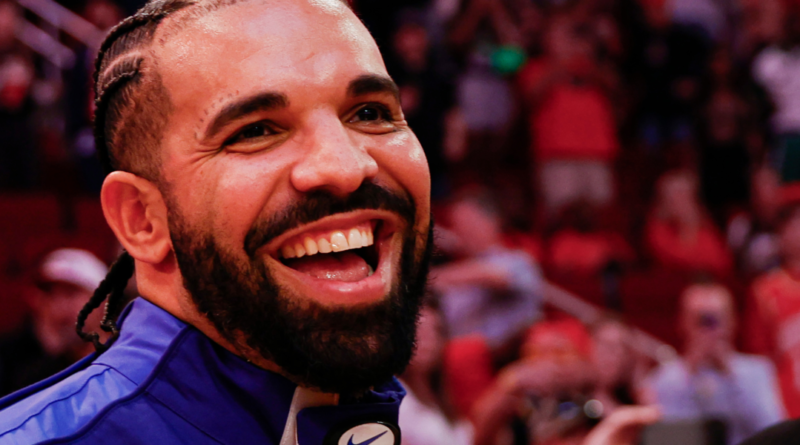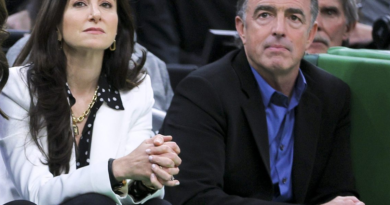No one is safe from AI deepfakes—from Elon Musk to your local high school principal
Hide your kids, hide your wife, and hide Elon Musk—because no one is safe from AI deepfakes.
The U.S. Senate will hold a hearing on the NO FAKES act on Tuesday. The bipartisan proposal, led by Sens. Chris Coons, Marsha Blackburn, Amy Klobuchar, and Thom Tillis, seeks to “protect the voice and visual likeness of all individuals from unauthorized recreations from generative artificial intelligence.”
Deepfakes—images or recordings that have been convincingly altered to misrepresent someone’s speech or actions—are now easier than ever to create thanks to consumer AI tools. The draft legislation would hold individuals or companies liable for producing unauthorized deepfakes, hold platforms liable for intentionally hosting these deepfakes, and exclude certain digital replicas from coverage based on recognized First Amendment protections.
The proposal docket cites two high-profile examples of unauthorized deepfakes from 2023—an AI-generated Drake and The Weeknd song titled “Heart on My Sleeve,” and a dental plan advertisement featuring a deepfake Tom Hanks.
In the months since the docket was published, deepfakes have become even more advanced—and harder to spot. The accessibility of deepfake apps has enabled the average person to use the technology to pull off viral trickery and petty revenge plots—and even five-figure romance scams.
AI Tupac and Snoop Dogg
Rapper Drake, whose voice was cloned in the viral “Heart on My Sleeve” song, was in hot water over the weekend for creating a deepfake of his own. On April 19, Drake released “Taylor Made,” a diss track against musician Kendrick Lamar featuring the AI-generated voices of Snoop Dogg and the late Tupac Shakur—two of Lamar’s idols.
In the track, the AI-generated version of Tupac taunts Lamar and presses him to respond to Drake’s previous diss track. “You seem a little nervous about all the publicity,” the AI Tupac voice raps.
In a statement last Wednesday, lawyers representing Shakur’s estate called “Taylor Made” a “blatant abuse of the legacy of one of the greatest hip-hop artists of all time.” The estate said it never—and never would have—approved the usage of Tupac’s voice, and pressed Drake to take the song down within 24 hours.
“Taylor Made” was removed from Drake’s social media on Friday. Months earlier, the rapper posted “this is the final straw AI” on Instagram, in response to an AI deepfake of himself rapping a song by Ice Spice.
$50,000 lost to an Elon Musk romance scam
Celebrity deepfakes are being employed in scams—swindling people out of tens of thousands of dollars in the process. A South Korean woman lost $50,770 in a romance scam after she fell in love with a deepfake version of Elon Musk, according to an April 19 broadcast on KBS.
On the show, the woman, who was referred to by the pseudonym Jeong Ji-sun, said the Tesla CEO added her as a friend on Instagram last year.
“Although I have been a huge fan of Musk after reading his autobiography, I doubted it at first,” she told KBS, according to a translation by The Korea Herald.
The scammer convinced Jeong by sending her photos of Musk’s ID and him at work. He texted her about his children and flying in a helicopter to work, and told her that he often contacts fans randomly. Jeong even said she spoke to “Musk” over video calls, in which he told her, “I love you, you know that?”
The fake Musk then promised to invest Jeong’s money and help her get rich. He persuaded her to deposit 70 million Korean won ($50,770) into a bank account—then disappeared without a trace.
A deepfaked high school principal goes viral
Outrage hit the suburbs of Baltimore in January when a recording of a local high school principal seemingly making racist and antisemitic remarks went viral.
The principal, Eric Eiswert of Pikesville High School, was placed on administrative leave. The recording was sent to national media outlets and the NAACP, while Eiswert received threats of violence, according to CNN.
It wasn’t until last Thursday that local authorities confirmed what Eiswert knew all along—that the recording was AI-generated. The recording was created by Dazhon Darien, the school’s athletic director, who had clashed with Eiswert, according to the Baltimore County Police Department.
Police reports say Eiswert investigated Darien last December for allegedly misusing $2,000 in school funds. Prior to December, the principal had previously spoken to Darien about not renewing his contract due to work performance issues, and had asked administrators to monitor Darien’s performance more closely, according to police.
With the help of forensic experts, including an FBI contractor, Baltimore police concluded that the recording “contained traces of AI-generated content” and “was manipulated.” Darien was arrested Thursday on charges including disturbing school operations.
“We are relieved to have some closure on the origins of this audio,” Baltimore County Executive Johnny Olszewski told the press on Thursday. “However, it is clear that we are also entering a new, deeply concerning frontier.”




